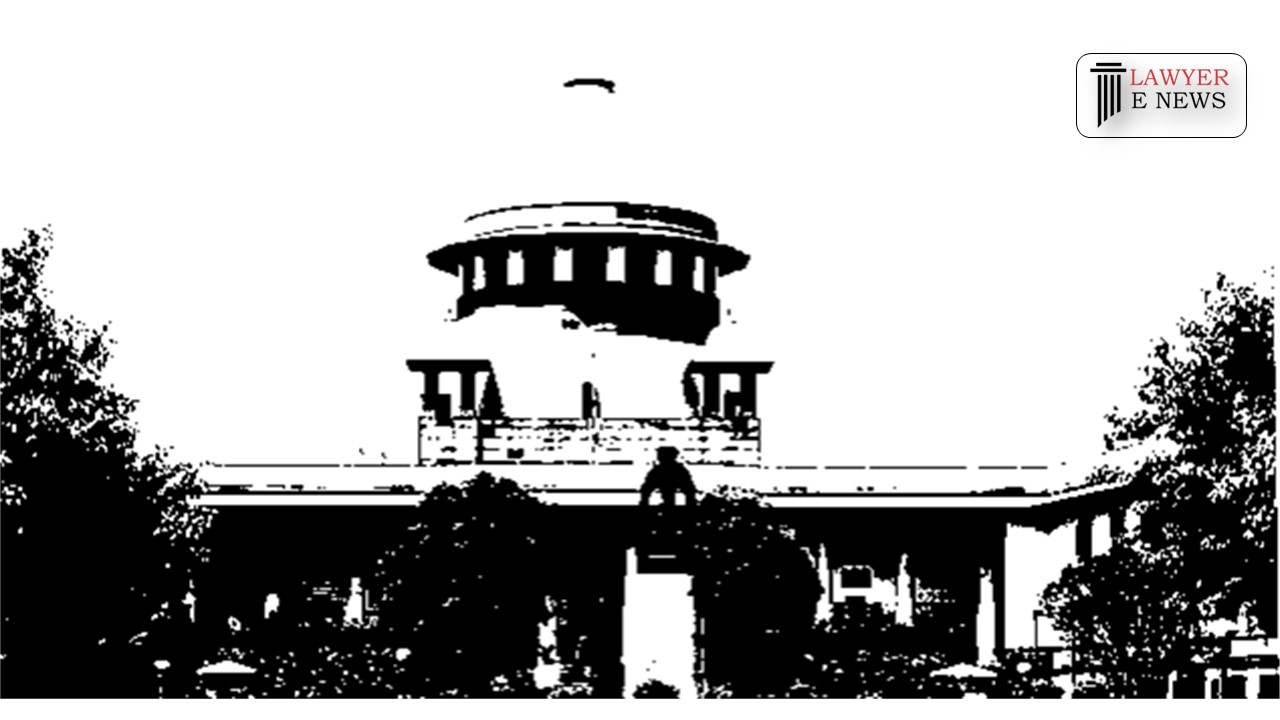-
by Admin
15 February 2026 2:36 AM



New Delhi, May 16, 2024 – In a landmark judgment, the Supreme Court of India has set aside the cancellation of land allotments in Rampur Kedhar Village, Uttar Pradesh, initiated after 13 years. The decision, delivered by Justices Aravind Kumar and C.T. Ravi Kumar, emphasizes the necessity of exercising administrative powers within a reasonable time frame and underscores the protection of the rights of poor villagers.
The case, SMT. Shyamo Devi and Others v. State of U.P. Through Secretary and Others, centered on the appeal against the Allahabad High Court’s dismissal of a writ petition challenging the cancellation of land allotments. The Supreme Court examined the legality of initiating cancellation proceedings after a significant delay and whether the allegations of fraud justified such actions.
Background: In the early 1990s, land designated as a Panchayat Ghar in Rampur Kedhar Village was deemed unsuitable and subsequently allotted for residential purposes to various villagers, including the appellants, by the Assistant Collector under Section 122-C of the Uttar Pradesh Zamindari Abolition and Land Reforms Act, 1950 (UPZALR Act). In 2007, a report by the village Lekhpal suggested that these allotments were unlawful, leading to cancellation proceedings initiated by the District Magistrate.
Key Points of the Judgment:
The Supreme Court highlighted several critical aspects in its judgment:
Reasonable Time for Administrative Action: The Court emphasized that administrative powers must be exercised within a reasonable period, even if the statute does not prescribe a specific limitation period. Initiating proceedings after 13 years was deemed unreasonable.
Lack of Concrete Evidence of Fraud: The allegations of fraud were primarily based on presumed forged signatures of the Sub-District Magistrate, with no substantial evidence implicating the allottees. The Court found that the foundational facts necessary to support allegations of fraud were not adequately presented.
Rights of the Poor and Rustic Villagers: The Court underscored the need to protect the rights of poor villagers who had constructed homes and lived on the allotted land for several years. The cancellation of their allotments would have caused significant hardship and injustice.
Court Observations and Analysis:
The Supreme Court’s analysis focused on the interpretation of Section 122-C(6) of the UPZALR Act, which allows the Collector to cancel irregular allotments. However, the Court noted the absence of explicit language permitting such action "at any time," contrasting it with similar provisions in other statutes that explicitly allow indefinite periods for initiating actions.
The judgment referenced previous rulings, including State of Punjab v. Bhatinda Milk Producer Union Limited and Ibrahimpatnam Taluk Vyavasaya Coolie Sangham v. K. Suresh Reddy, to support the principle that administrative actions should be taken within a reasonable time, especially when rights and liabilities are involved.
Decision: The Supreme Court allowed the appeal, setting aside the orders of the High Court, Additional Collector, and Additional Commissioner. This judgment reinforces the necessity of timely administrative actions and safeguards the rights of vulnerable populations.
Date of Decision: May 16, 2024
Smt. Shyamo Devi and Others v. State of U.P. Through Secretary and Others
